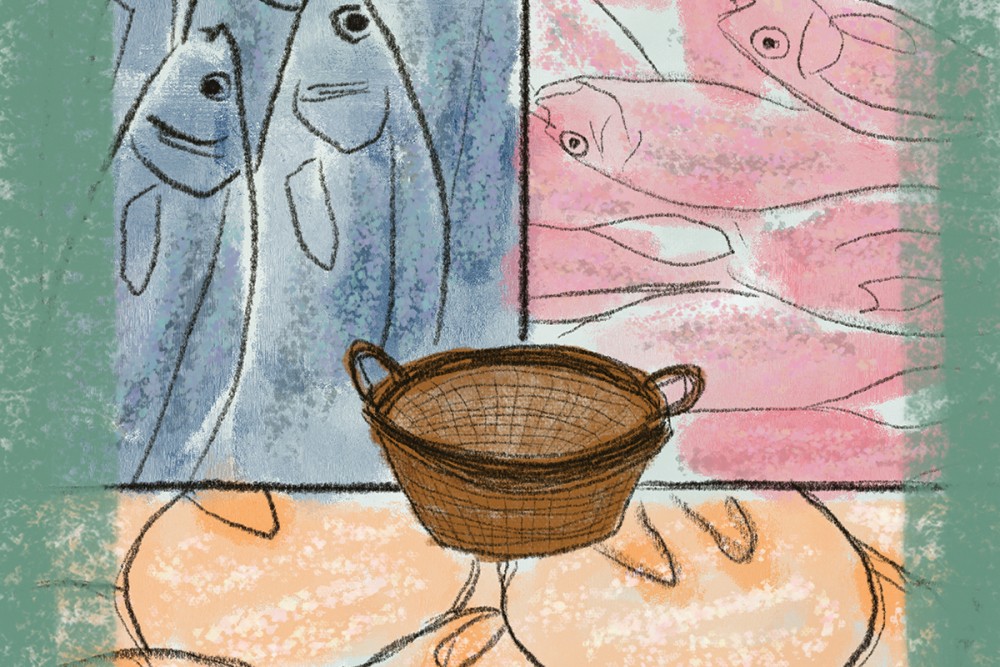Why and how I believe in miracles
I don’t struggle with their plausibility. I do struggle with their consequences.

(Century illustration)
Do you believe in miracles?
I’ve been asked this question many times since leaving the faith tradition of my childhood, but I have yet to answer it in a way that feels honest and complete. This is partly because the question isn’t a straightforward one; it contains a host of questions within it: Do you believe that Jesus literally walked on water and turned water into wine and cured the sick and raised the dead? Do you believe that miracles happen now? Do you pray for them? Have you ever experienced one?
The charismatic evangelical communities that raised me would have answered each with an emphatic and unswerving yes. In fact, they would have insisted that a Christianity stripped of the miraculous isn’t Christianity at all. I agree. But my yes is much quieter these days, more tender and searching.




